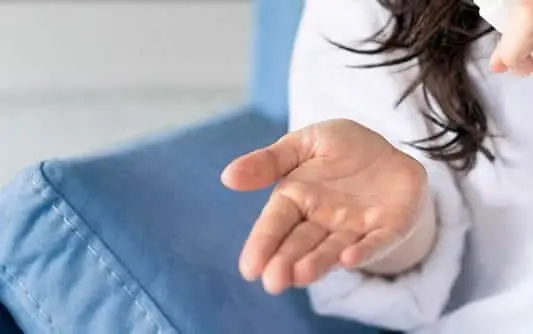Warts are a common skin condition, and various treatments are available. If home remedies fail, over-the-counter wart removers are an option. If these prove ineffective, professional medical treatment, such as freezing or surgical removal, may be necessary.
Home Remedies for Warts
Several home remedies and treatments exist for common warts, though their efficacy is often limited.
- Common home remedies include applying garlic, baking powder and castor oil paste, crushed vitamin C tablets, or pineapple juice. Some individuals also use duct tape, although its effectiveness lacks sufficient evidence.
Over-the-Counter Wart Removers
Dermatologists generally endorse the use of over-the-counter wart removers, provided the diagnosis is confirmed. However, caution is advised as calluses or corns can be mistaken for warts.
- Many over-the-counter treatments contain salicylic acid, with a success rate of approximately 50% over a 6-week period. Freezing treatments are also available, with a success rate of 40%-50% after multiple applications.
- Freezing sprays are an alternative option for smaller warts, although they should not be used on facial, lip, or genital warts without consulting a doctor.
Wart Treatments From a Doctor or Dermatologist
Medical professionals offer a range of wart treatments, including those focused on wart destruction and immune system enhancement.
- Treatment options include liquid nitrogen freezing, prescription-strength salicylic acid application, trichloroacetic acid application, laser surgery, and topical immune system stimulants.
Immune therapy may take 6 to 12 weeks to produce results. Laser or surgical removal offers the quickest solution but is costlier and may lead to scarring.
Northridge Dermatology


